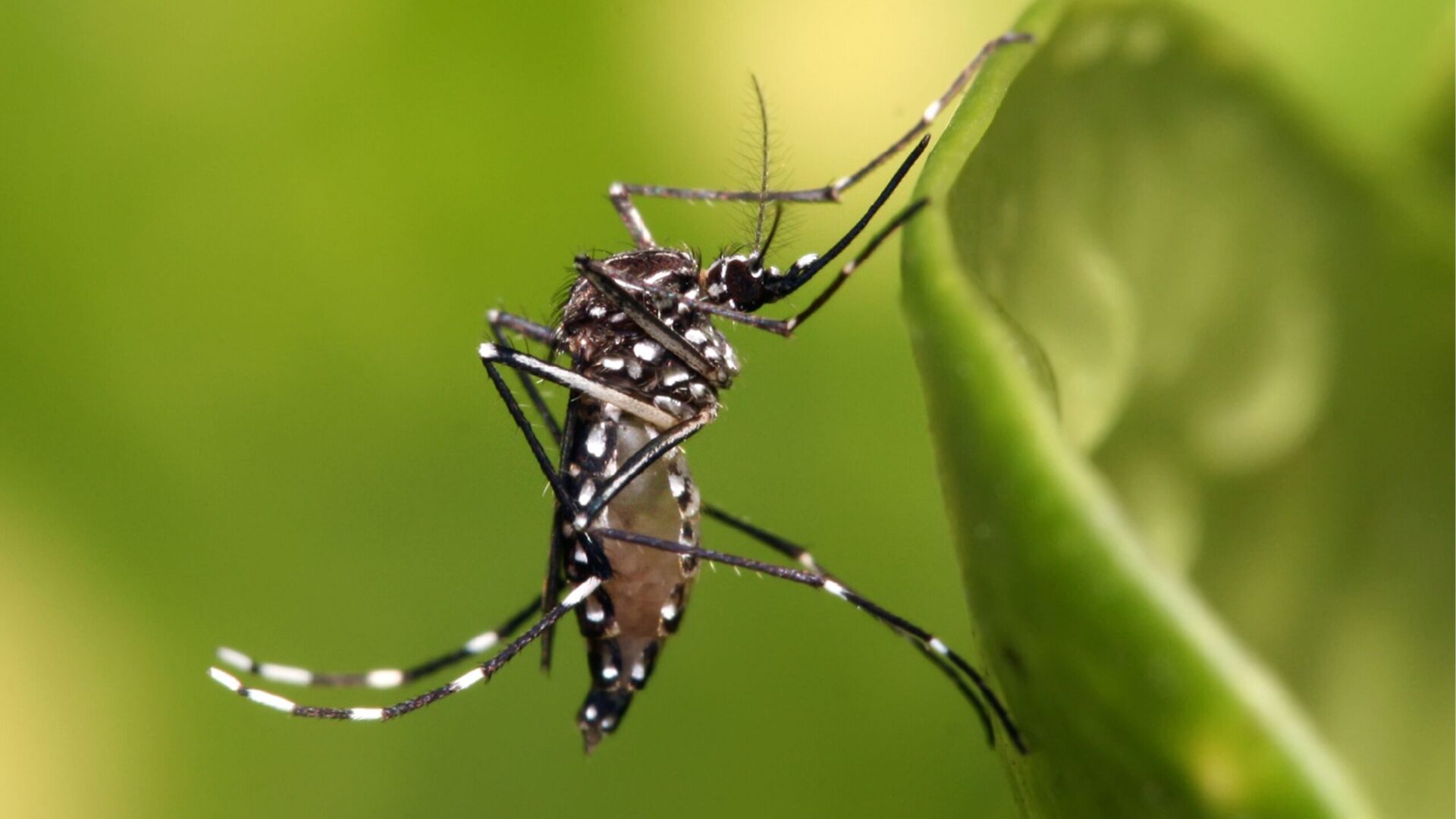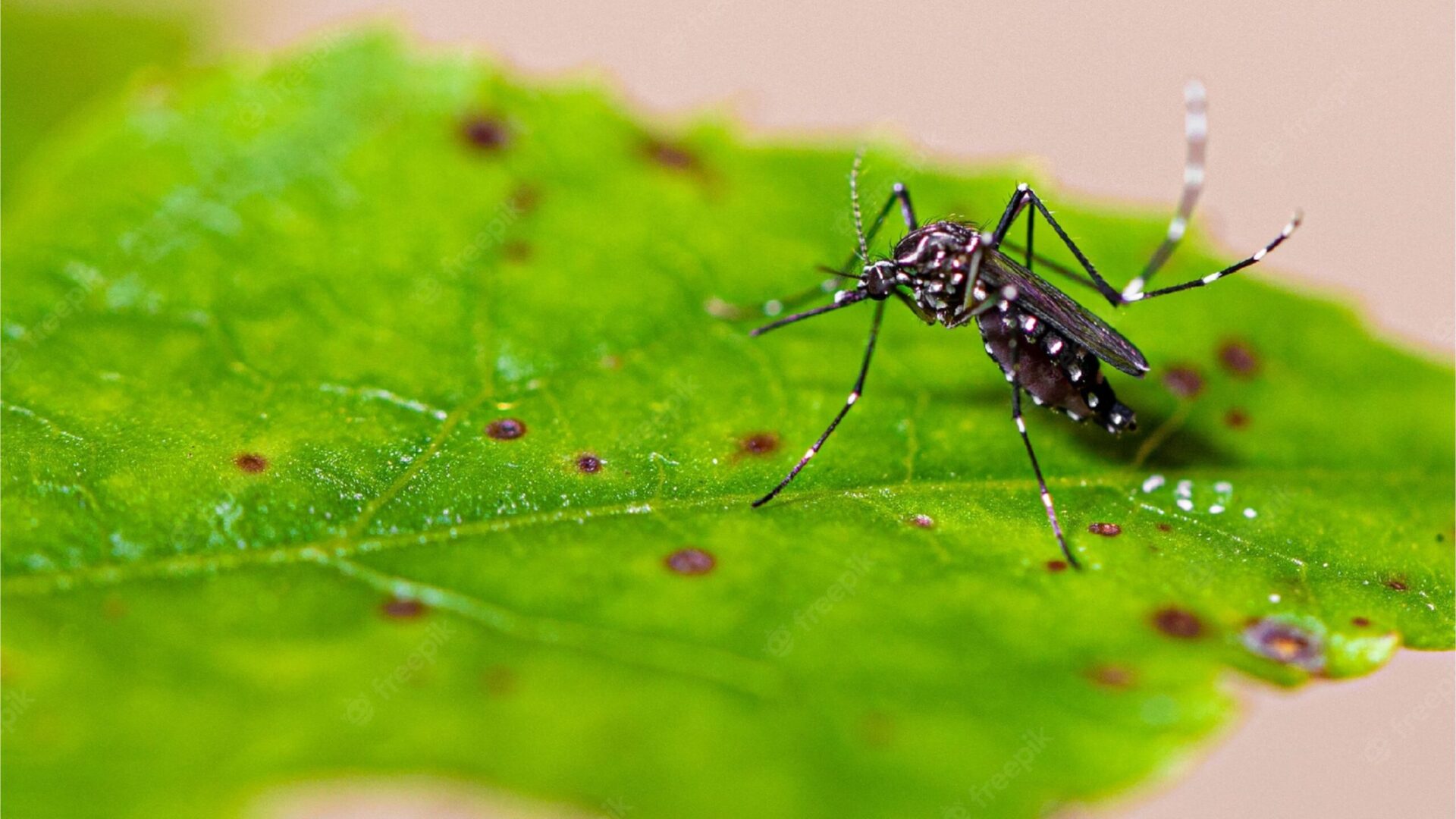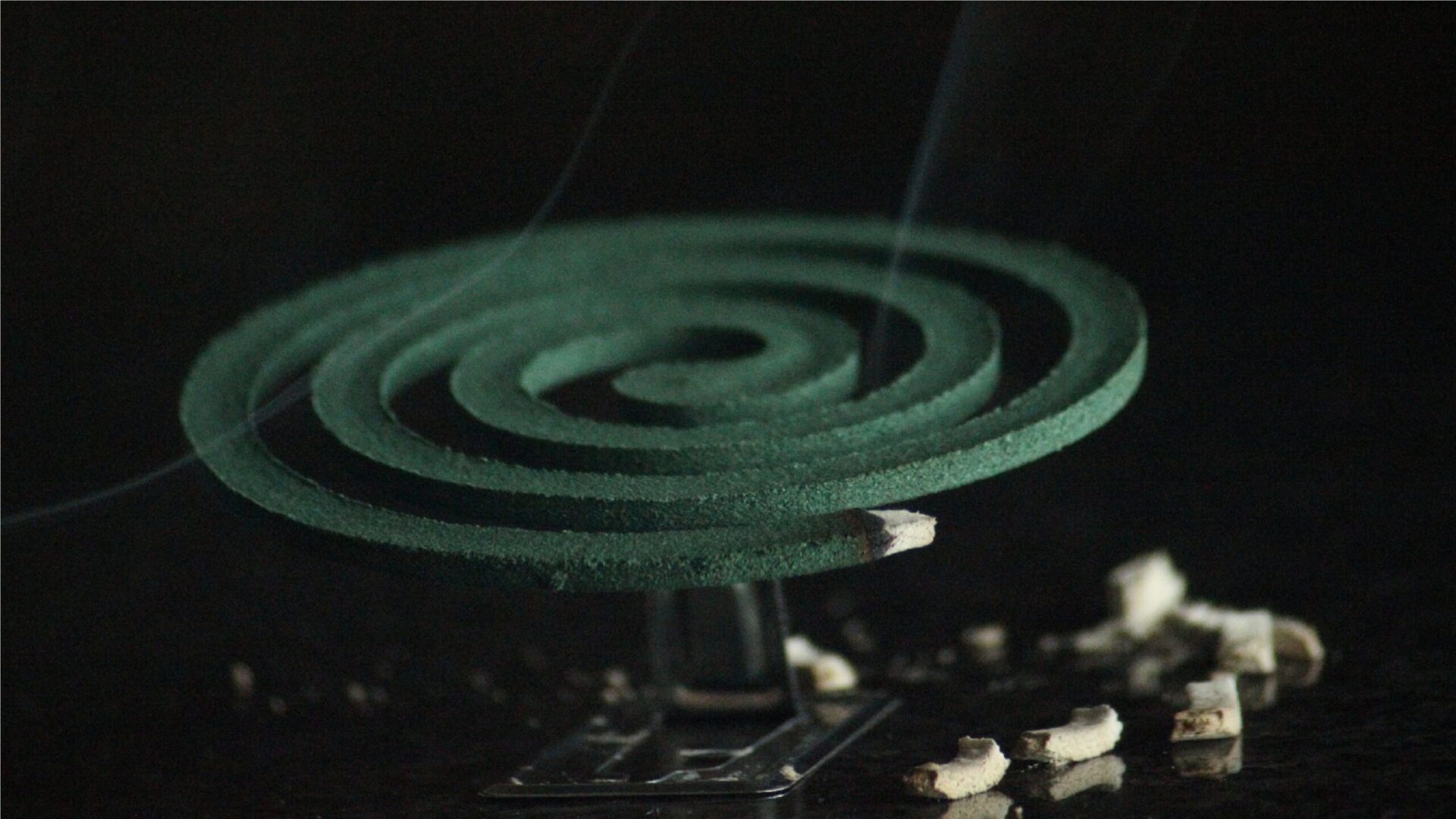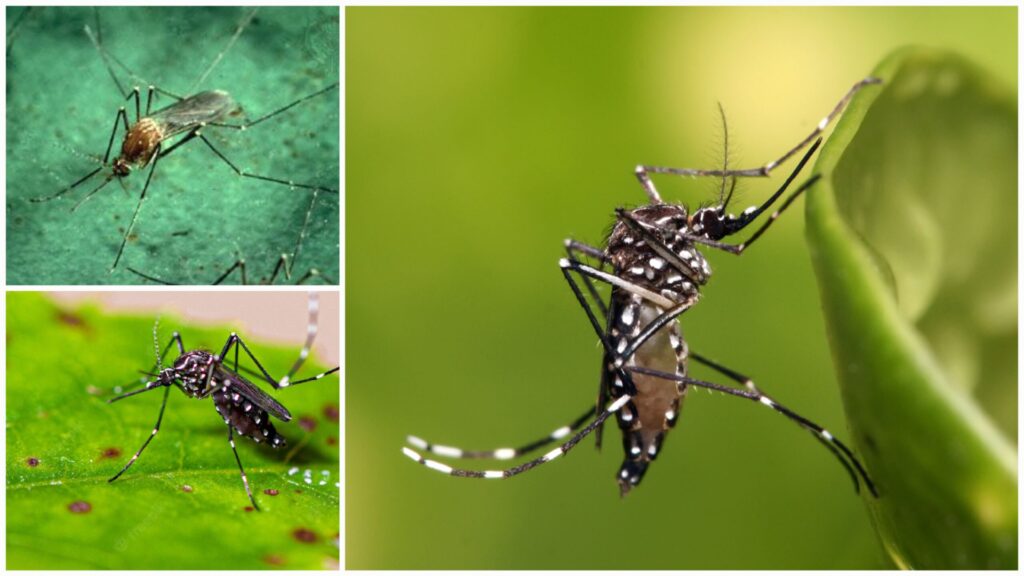According to scientists, mosquitos are getting stronger and developing resistance to common insecticides. Because of this, they are becoming dengue-spreading super mosquitos (Aedes Aegypti).

What are Super Mosquitoes?
According to research conducted by Japan’s National Institution of Infectious Disease, the common dengue-spreading mosquitoes are harboring a mutation that is resistant to common insecticides.
- As per the study published in Science Advances, the specimens were collected from dengue-endemic areas of Vietnam and Cambodia. The most concerning out of the study was specimens of Aedes Aegypti. It is a species of mosquitos famous for spreading Dengue, yellow fever, Zica virus, and Chikungunya, which showed up to 78% resistance towards insecticides.
- This resistance towards pyrethroids (an organic compound used in bug sprays) often occurs when mutations appear in the Vgsc gene. The researchers discovered 10 new variants of Aedes Aegypti. Out of them, one Vgsc mutation called L982W exhibited high resistance to the pyrethroid insecticide. This new mutation is called Super mosquitos and it is currently limited to Vietnam and Cambodia.

More about Aedes Aegypti
These are dengue-spreading mosquitos found across the world. They are 4-7 millimeters in size and are easy to recognize by black and white markings on their legs. They originated in Africa and spread to all tropical and temperate regions of the world. The females are larger than male and bites for blood while male live off fruits.
- The mosquitos recognize ammonia, carbon dioxide, and lactic acid found in mammals. Because of this, they bite humans, horses, and birds. Even though they are notorious, the lifespan of an adult mosquito is barely 2-3 weeks in good conditions.
- Due to global warming and climate change, the number of mosquitos has expanded globally. They affect 390 Million people annually and dengue has increased 30-fold in the last 50 years. It is included in the top 10 threats to global health by WHO as of 2019.
The new super mosquitos resisting pyrethroid can worsen the health conditions of humans in the upcoming years. Let’s take a look at the solutions available against these deadly mosquitos.
ALSO READ: Celine Dion: Stiff Person Syndrome- Is there a cure?

Solutions for curbing the mosquito population
Scientists have discovered Transgenic and Wolbachia-infected species of mosquitos. However, it will take a long time before they are released into the world due to the controversial subject of spreading genetically-engineered organisms into nature.
- Scientists have also discovered chemical neonicotinoids that can curb the population of mosquitos. Unfortunately, they can hurt insect pollinators as well. Therefore, the new super mosquitos propose a great threat as we rely on pyrethroids and other insecticides to control mosquitos, especially where vaccines aren’t available.
ALSO READ: Covid-19 cases Rising in China; Possible cause

Bite prevention techniques
Centers for Disease Control and Prevention suggests using mosquito repellent that contains DEET (diethyltoluamide).
- Keeping your space airy and open helps as these mosquitos usually bite at dusk and dawn or in shady places.
- Avoid storing water and make sure nothing stays wet for too long as mosquitos breed their eggs in stagnant water, such as in flower vases, buckets, tanks, coolers, etc. Take extra caution in drying shower floors and toilet tanks as they are inside the residence.
- Cover yourself with clothing when going outside during the mornings and evenings.
- Use mosquito nettings and rackets to protect yourself from mosquitos in bed.
ALSO READ: Chris Hemsworth: Alzheimer’s scare; Will he be back?
For more latest updates about entertainment, sports, and gaming, follow Spiel Times and stay safe and healthy!
